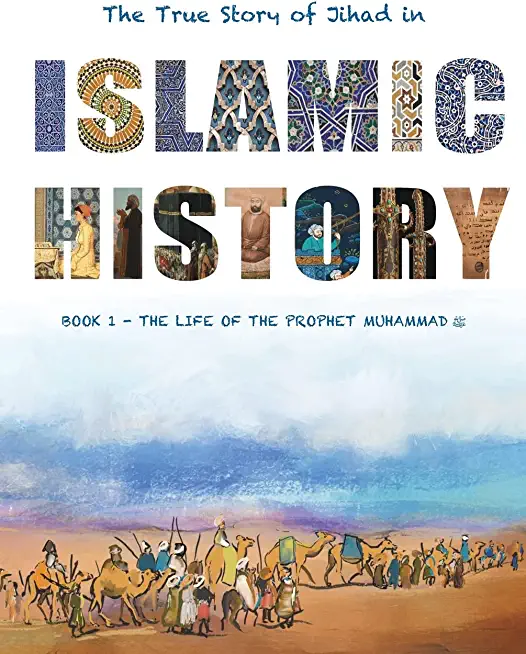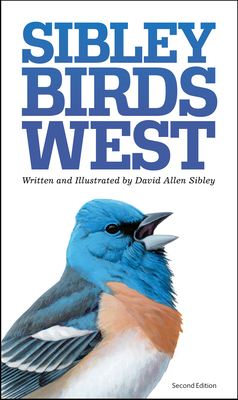
Purzycki, Benjamin Grant
product information
description
made significant advances in recent decades, explaining how the mind produces religious ideas, the motivations underlying religious behaviour, and the transmission of religious cultures within and across generations. In Religion Evolving: Cultural, Cognitive, and Ecological Dynamics, Purzycki and Sosis argue that further progress requires integration of isolated research findings on the various components - ritual, supernatural agent belief, myth, taboo, and so forth - that constitute religion. Religions, they contend, need to be understood as adaptive systems. Drawing from a wealth of ethnographic and experimental evidence, they situate religious systems within their local socioecological contexts, showing how religious culture adaptively responds to economic, environmental, and human health problems, as well as costly threats to cooperation and reproduction. Based in the evolutionary, cognitive, and anthropological sciences, Religion Evolving offers a holistic approach that attends to the complex, interacting features of religious systems.
member goods
No member items were found under this heading.
Return Policy
All sales are final
Shipping
No special shipping considerations available.
Shipping fees determined at checkout.







